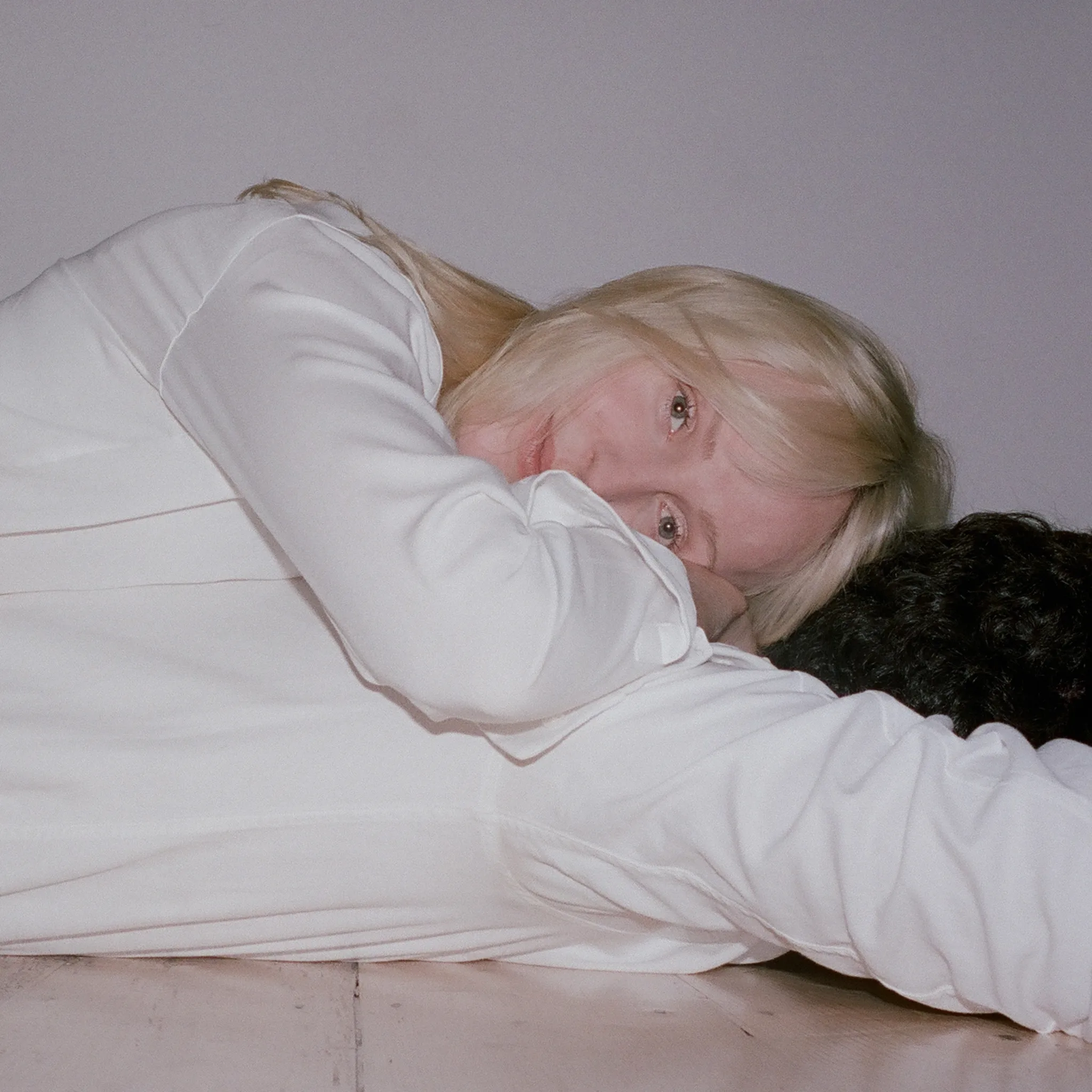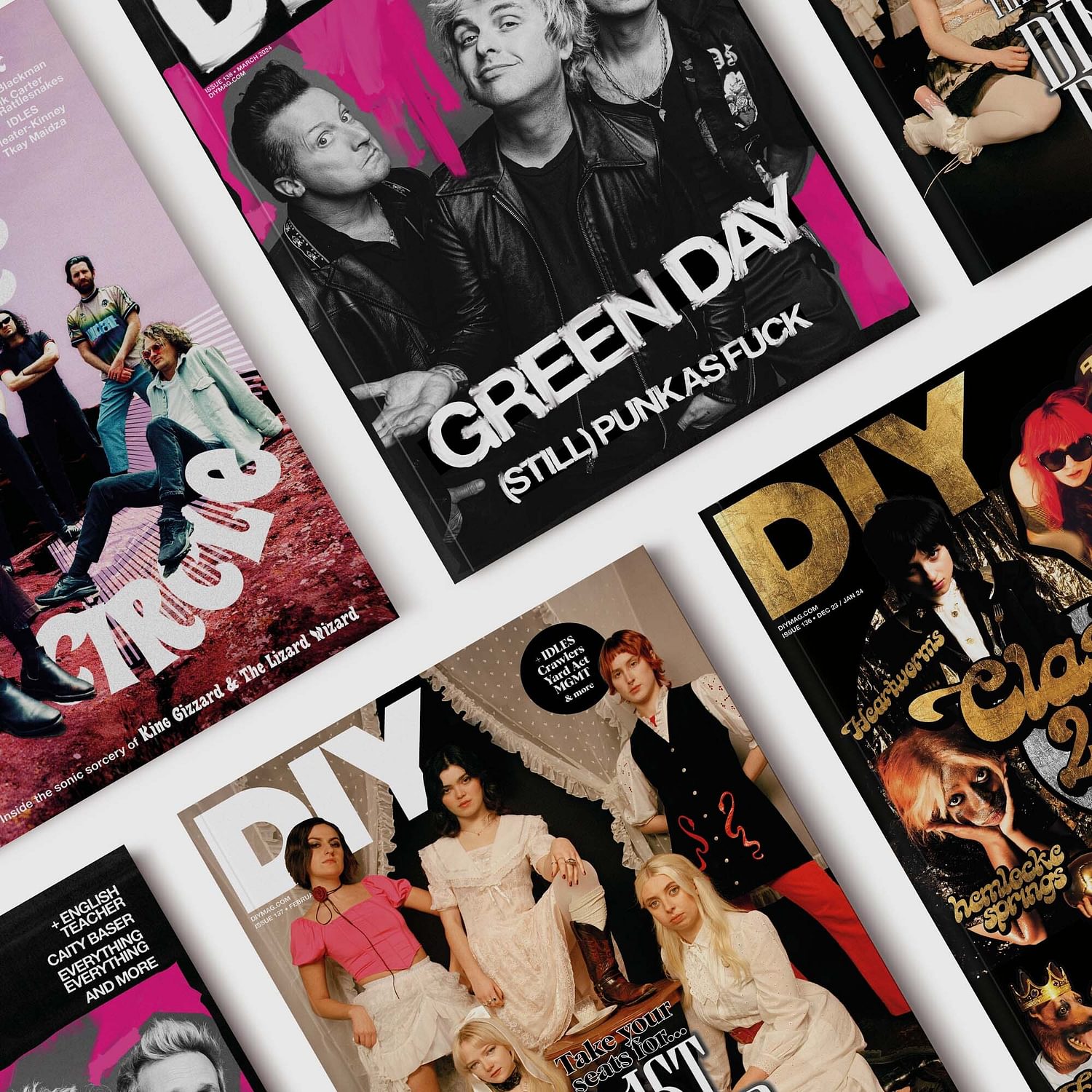
Cover Feature At home with Laura Marling: “I was like, what the fuck am I doing with my life?”
Laura Marling has had a hell of a couple of years. Now she’s back and comfortably settled in London, about to release her fifth album, ‘Short Movie’. El Hunt popped round her house to find out more…
“For a while, I thought I wasn’t going to come back to music,” states Laura Marling, taking a drag of a cigarette, before tossing her lighter off to one side to provide dramatic emphasis. “I really thought that.”
Aged just 16, Laura put pen to paper, signing a five-album contract with major label Virgin Records. Music quite literally became her life. Over the next eight years she travelled and played huge iconic venues across the world in several drawn-out stints of touring, and released four albums; three of which were nominated for the prestigious Mercury Prize. A staple artist on the folk scene by the time she turned 20, she seemed to have everything. Everything, that is, except roots.
“I was so exhausted and out of touch with the pace of normal life,” Laura says, sitting crossed-legged, surveying her Bethnal Green living room. She’s watched back by a quizzical-looking stuffed owl on a table across the room. “I was dealing with a lot of shit, and feeling like I wasn’t part of the planet in any way. I was like, what the fuck am I doing with my life? I had to think, am I interesting? If I took the music away, and the travel away, and I had to sit down and actually chat to somebody, would I be able to do it? The conclusion that I came to is that I would. But I don’t need to. It makes me really grateful that I do what I do. It fits me pretty perfectly.”
She might be gladly back in London now, but Laura’s vague wandering search for belonging took her to a peculiar destination; the thronging, neon-lit dreamland of Los Angeles. While she was there she took up “a fairly odd, specific kind of transcendental yoga,” and she adopts a theatrical faux-whisper for a second, “marijuana. Psychedelics and stuff. But that was only very occasional,” she hastens to add. “I was pretty close to joining a cult,” she says casually, as an aside. “If you aren’t attached to anything, you can dangerously teeter on the edge of becoming a professional vagrant. It feels a huge relief to be back. I found LA liberating, and actually too much, in the end.”
“And,” laughs Laura, continuing, “I quit smoking for eight months. A lot of stuff comes up when you don’t have a cigarette in your hand.” She pauses to blow a puff of smoke out of the window as if on cue. Evidently she’s over being straight-edge these days.
Throwing herself into LA life and occult extra-curricular pursuits, in the middle of what she dubs her quarter-life crisis, Laura didn’t end up over-doing the wacky-baccy and wandering round barefoot in white robes - though she points out that, in LA, that would probably be acceptable. She didn’t end up finding spiritual enlightenment, either. “Psychedelics, transcendental yoga, silent retreats - whatever takes you to see the face of God - that’s cool. But you have to be able to take it into modern life. I started to feel that this isn’t the way, or the answer. Nature isn’t good or kind. People have darkness in them. The message in that, and all of the occult stuff, is just be human.”
“It’s given me such a fresh love of people,” she concludes. “I value human connection now, above all other things. My criteria for judgement of other people, and myself, has changed.”
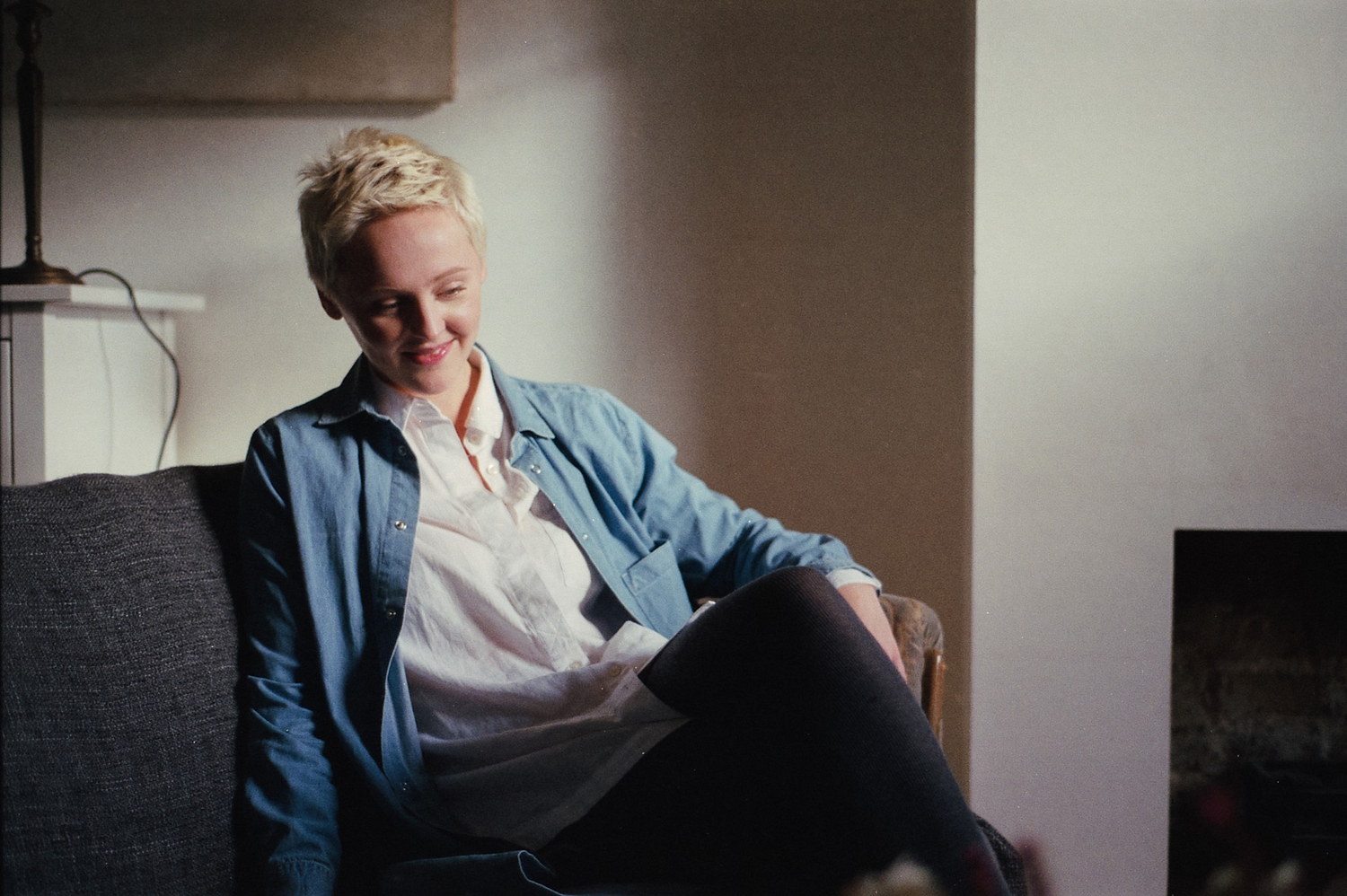
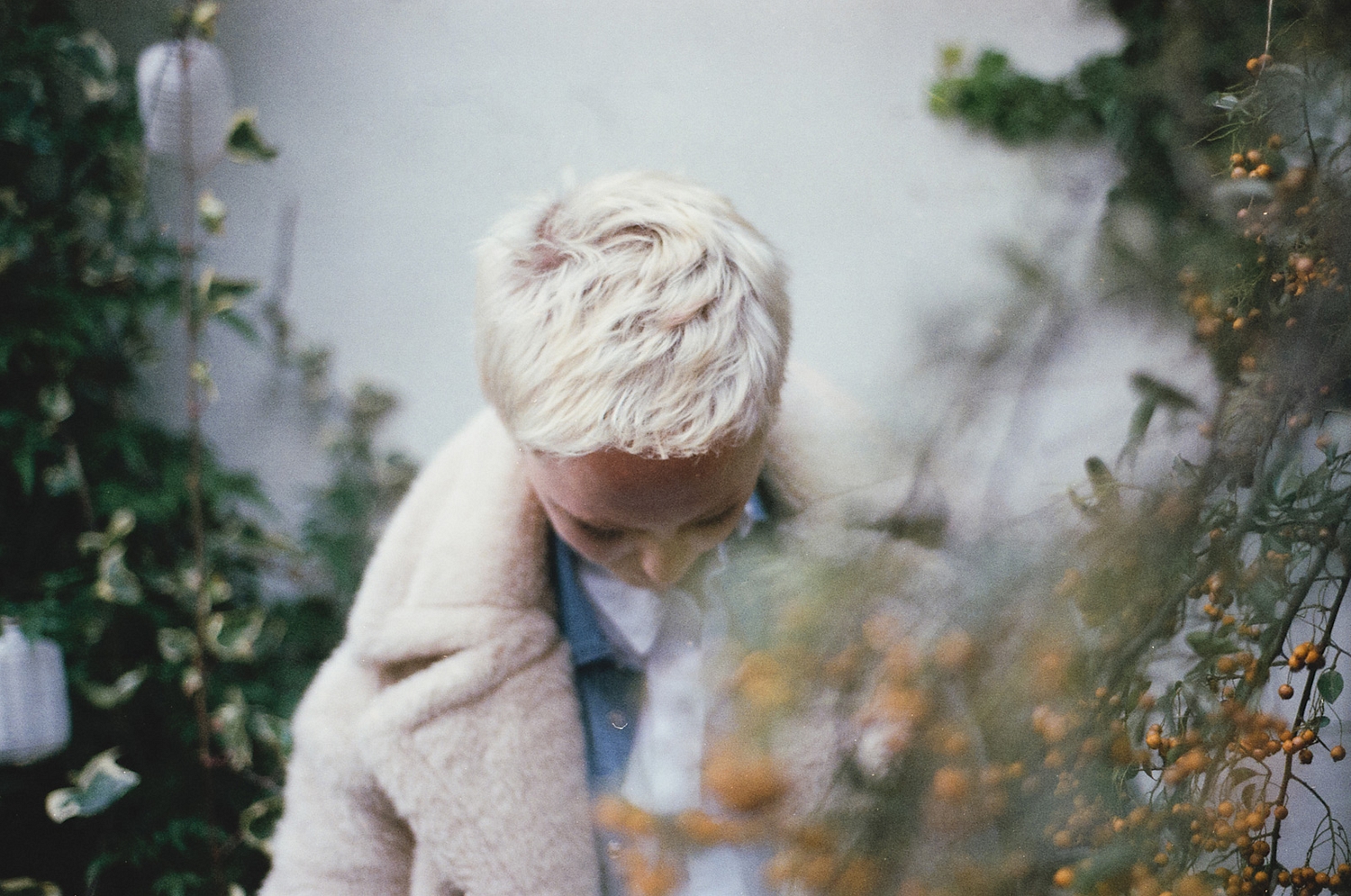
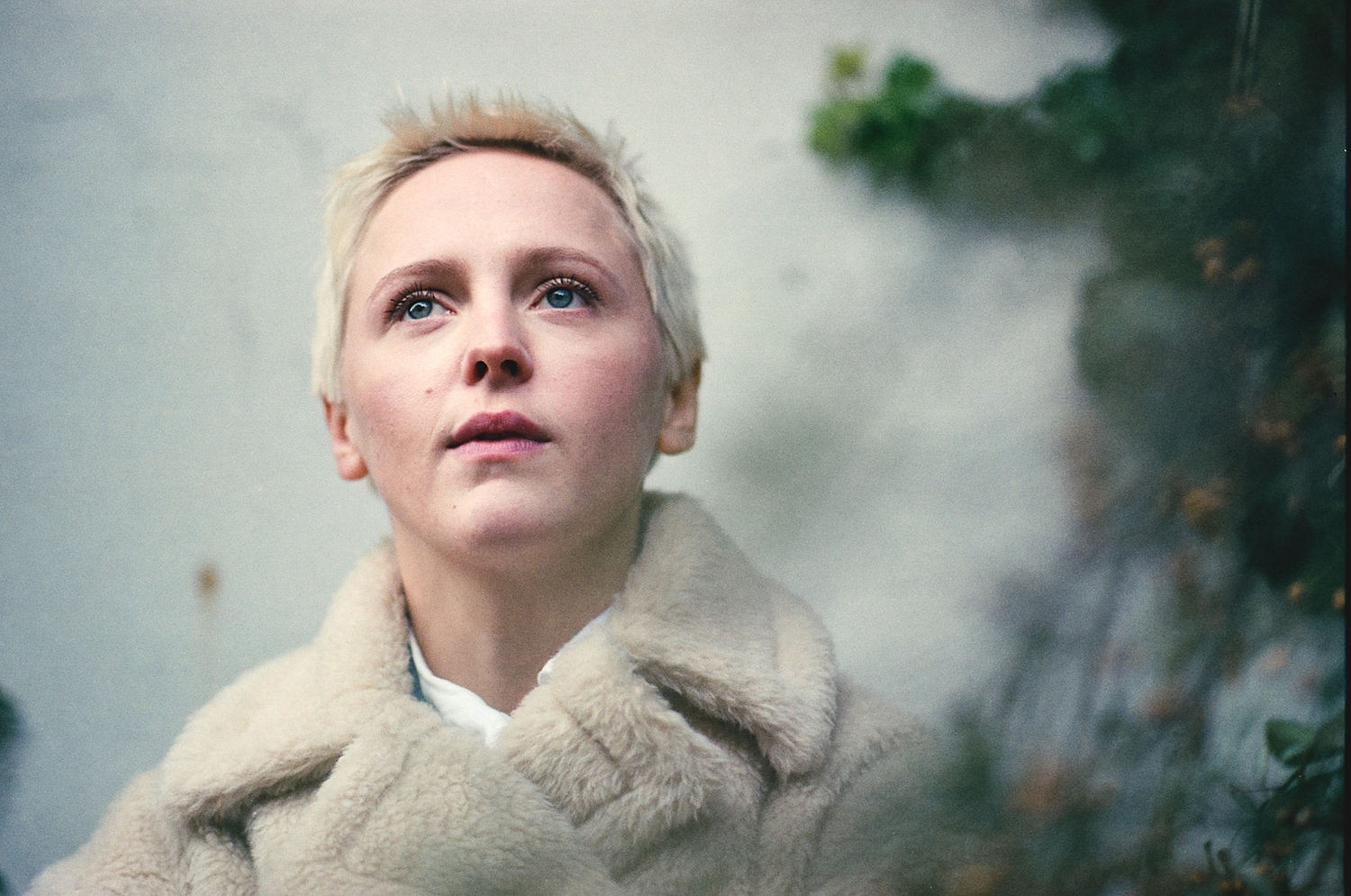
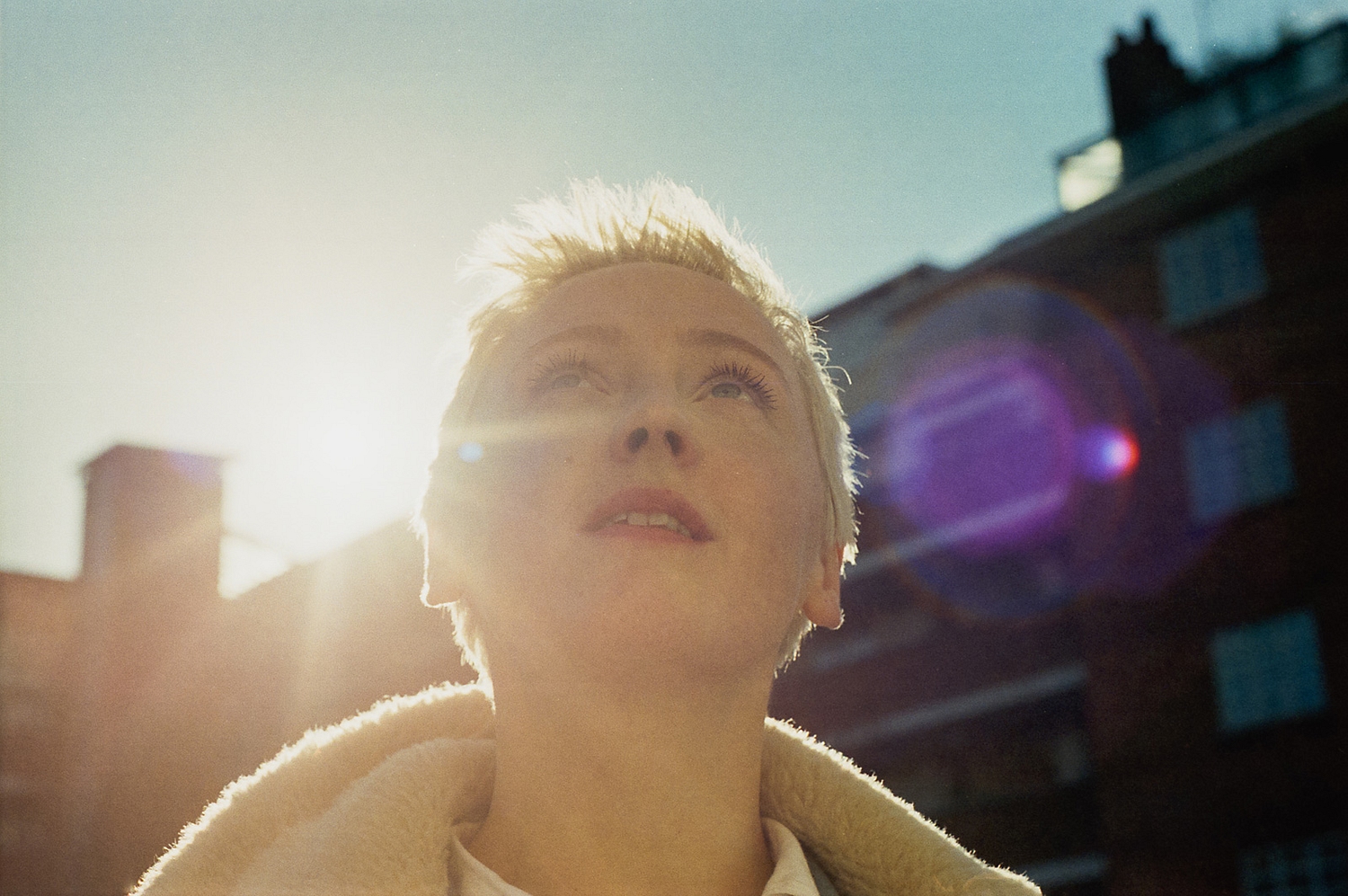
As featured in the March 2015 issue of DIY, out now.
Read More
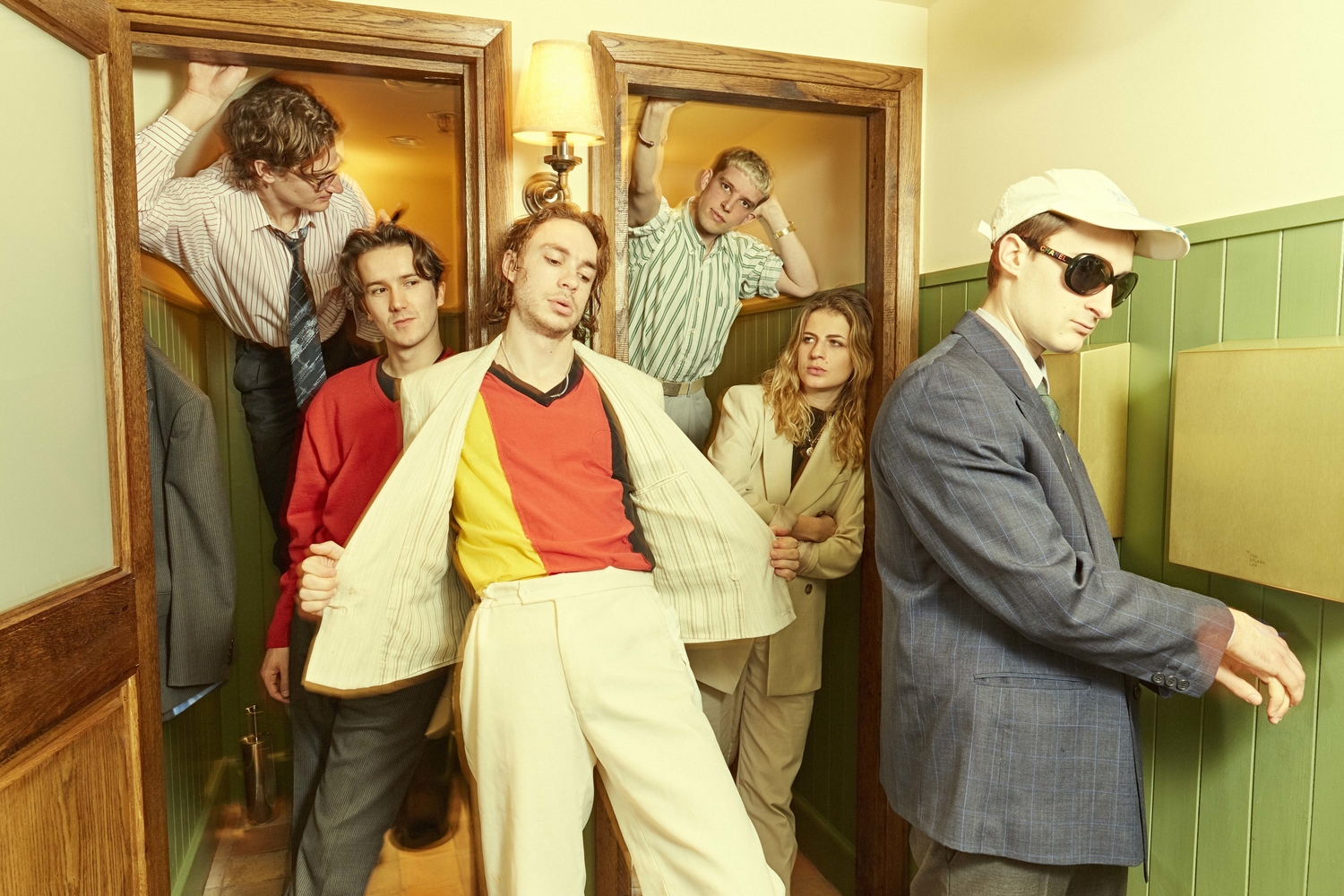
Sports Team, Charli XCX, Stormzy all shortlisted for 2020 Hyundai Mercury Prize
Kano, Georgia and Porridge Radio have also been tipped for the prize.
23rd July 2020, 12:00am
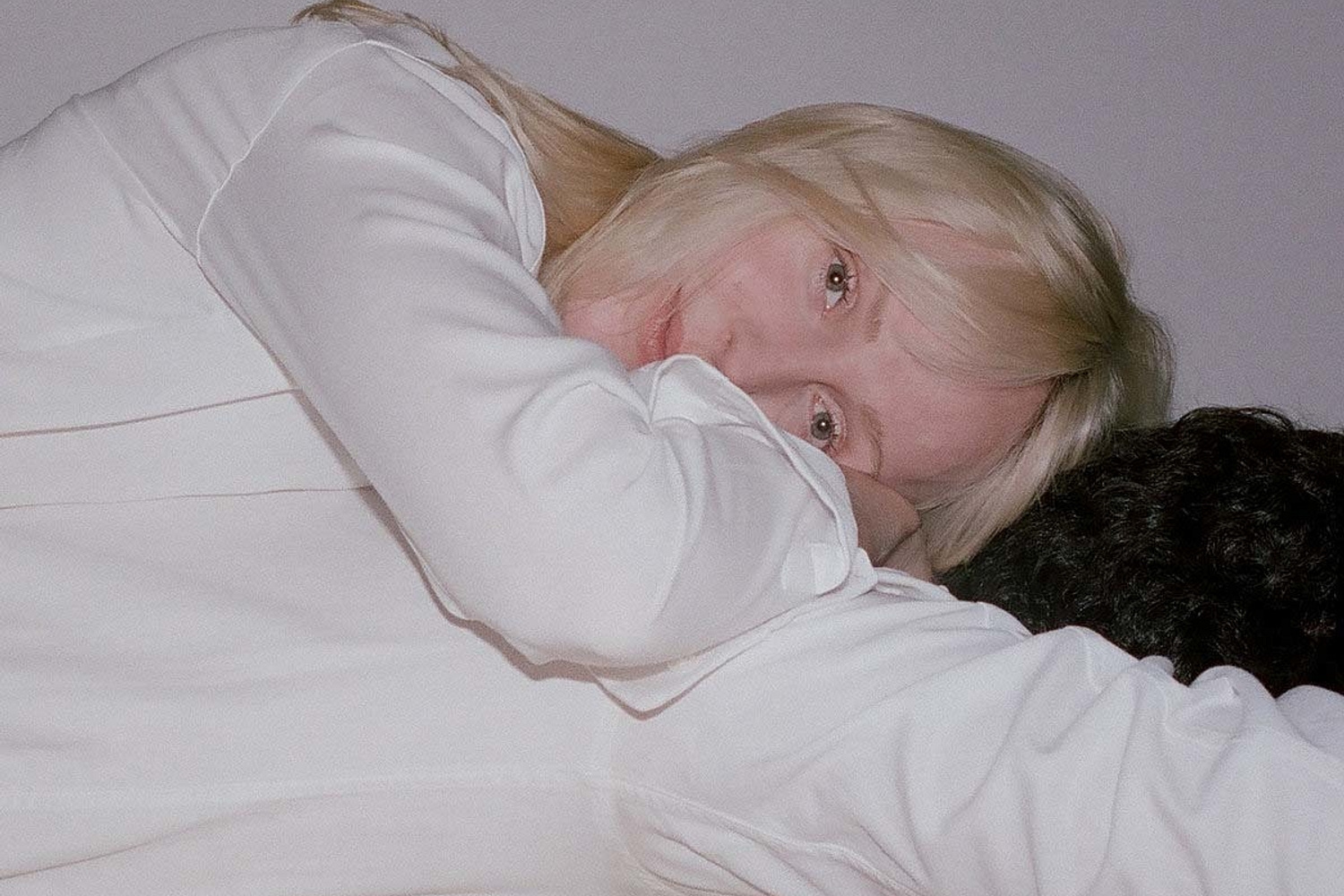
Laura Marling – Song For Our Daughter
4-5 Stars
Laura's lessons to an imaginary daughter deliver with understated power.
16th April 2020, 5:15pm
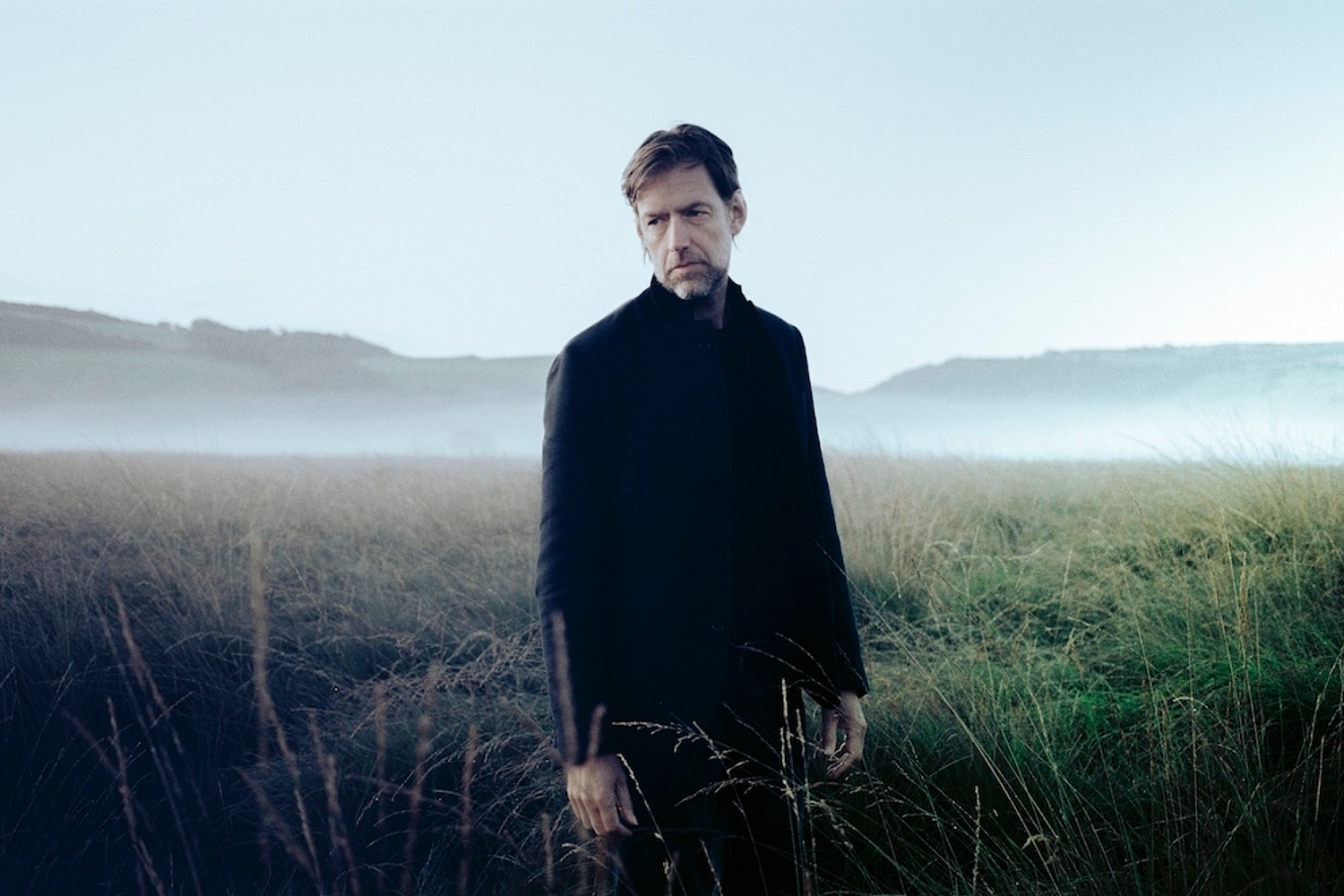
EOB enlists Laura Marling for new track ‘Cloak Of The Night’
The new song is lifted from his forthcoming debut album 'Earth'.
10th April 2020, 12:00am
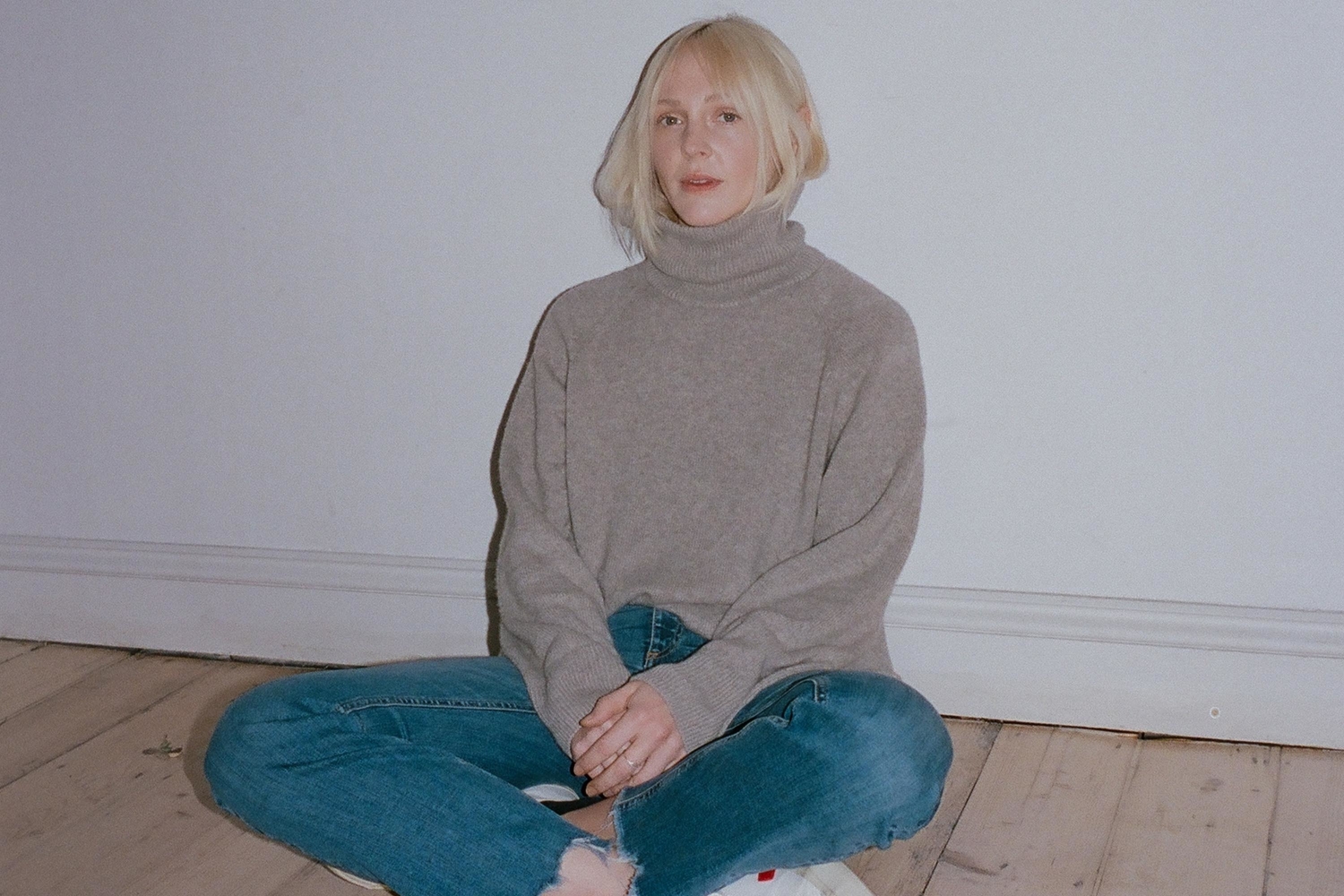
Laura Marling confirms seventh solo album ‘Song For Our Daughter’
And it's being released this Friday (10th April)!
6th April 2020, 12:00am
